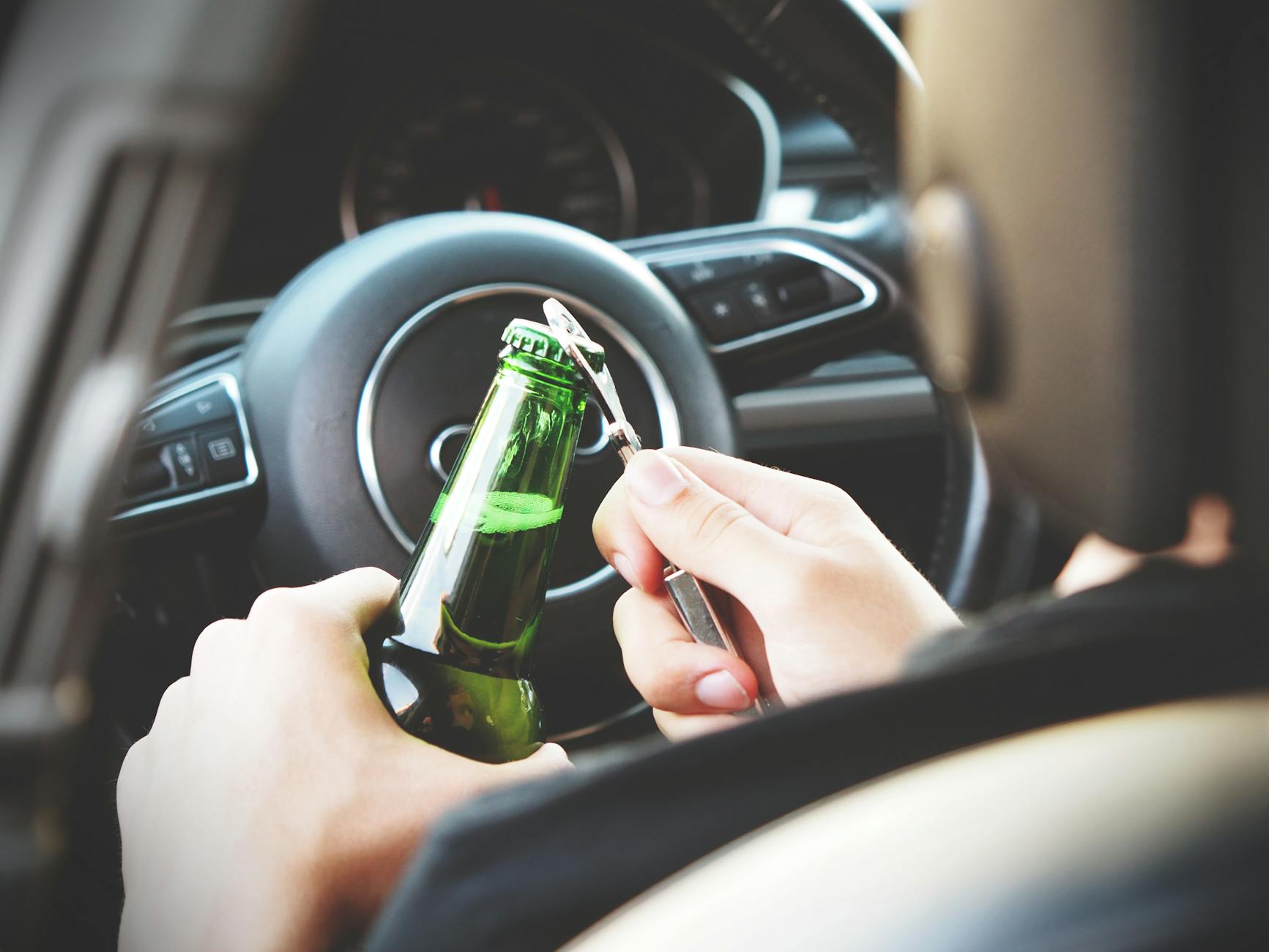Curious about the science behind getting drunk? Discover the surprising answer to the age-old question: How many beers does it take?

Image courtesy of energepic.com via Pexels
Table of Contents
Alcohol consumption is a common social activity that many adults partake in, but there is often a lingering question that arises: how many beers does it take to get drunk? While this question may seem simple on the surface, the answer is more complex than one might think. In this blog post, we will delve into the science behind alcohol metabolism, individual tolerance levels, and various factors that can influence intoxication.
The Science Behind Alcohol Metabolism
When we consume alcohol, our bodies go through a process of metabolizing it in order to break it down and eliminate it from our system. Alcohol is primarily metabolized in the liver by enzymes such as alcohol dehydrogenase. This enzyme converts alcohol into acetaldehyde, a toxic compound that is further broken down into acetate by another enzyme called aldehyde dehydrogenase.
The rate at which alcohol is metabolized can vary between individuals due to factors such as genetics, age, and overall liver health. Blood alcohol content (BAC) is used as a measure of intoxication and is influenced by factors such as the amount of alcohol consumed, the rate of consumption, and body weight.
Individual Tolerance Levels
Individual tolerance levels to alcohol can vary significantly among people. Factors such as age, weight, gender, genetics, and overall health can all play a role in how a person responds to alcohol. For example, individuals with a higher body weight may be able to consume more alcohol before feeling the effects of intoxication compared to someone with a lower body weight.
Additionally, as people age, their tolerance to alcohol may decrease due to changes in metabolism and overall health. Genetics also play a significant role in how individuals metabolize alcohol, with some people having variations in enzymes that affect how quickly they process alcohol.
Factors Influencing Intoxication
Several external factors can influence how quickly a person becomes intoxicated when consuming alcohol. Drinking on an empty stomach, for example, can lead to faster absorption of alcohol into the bloodstream, resulting in a quicker onset of intoxication. Mixing alcohol with certain medications can also amplify its effects and increase the risk of negative side effects.

Image courtesy of cspdailynews.com via Google Images
Pacing oneself while drinking and knowing one’s limits are important practices to avoid overconsumption and the potential dangers of alcohol poisoning. Understanding the factors that can influence intoxication can help individuals make informed decisions about their alcohol consumption and promote responsible drinking habits.
Conclusion
As we have explored the science behind alcohol metabolism, individual tolerance levels, and factors influencing intoxication, it becomes clear that the answer to the question “how many beers does it take to get drunk?” is not as straightforward as one might expect. Each person’s response to alcohol is unique and influenced by a variety of factors.
By understanding the complexities of alcohol metabolism and factors that can affect intoxication, individuals can make more informed decisions about their alcohol consumption and prioritize responsible drinking habits. It is important to know one’s limits, pace oneself while consuming alcohol, and always prioritize safety and well-being when partaking in social activities involving alcohol.
Exploring the intricacies of alcohol intoxication can help us unlock the mystery behind how alcohol affects our bodies and minds, empowering us to make thoughtful choices and enjoy alcohol responsibly.
FAQs
How many beers does it take to get drunk?
The number of beers needed to get drunk varies depending on individual factors such as weight, tolerance levels, and metabolism. Generally, it is recommended to drink in moderation and know your limits to avoid overconsumption and potential risks of intoxication.
What factors can influence how quickly someone gets drunk?
Factors like drinking on an empty stomach, mixing alcohol with medications, individual metabolism, and alcohol tolerance levels can influence how quickly someone becomes intoxicated. It’s important to be aware of these factors and make informed decisions about alcohol consumption.
Does gender play a role in how alcohol affects the body?
Yes, gender can play a role in how alcohol affects the body. Generally, women tend to have a lower tolerance to alcohol than men due to differences in body composition and metabolism. It’s essential for individuals of all genders to be mindful of their alcohol consumption and drink responsibly.
How can I determine my own alcohol tolerance level?
Your alcohol tolerance level can be influenced by factors such as age, weight, genetics, and overall health. To determine your own tolerance, it’s essential to pace yourself while drinking, know your limits, and pay attention to how your body reacts to alcohol. Always prioritize safety and well-being when consuming alcohol.
Powered by Texta.ai Blog Automation
Leave a Reply